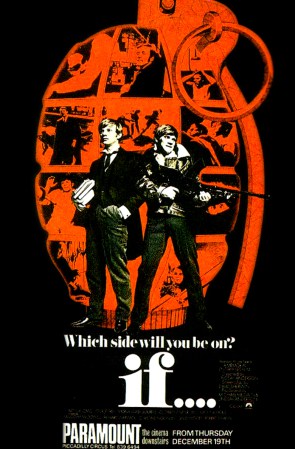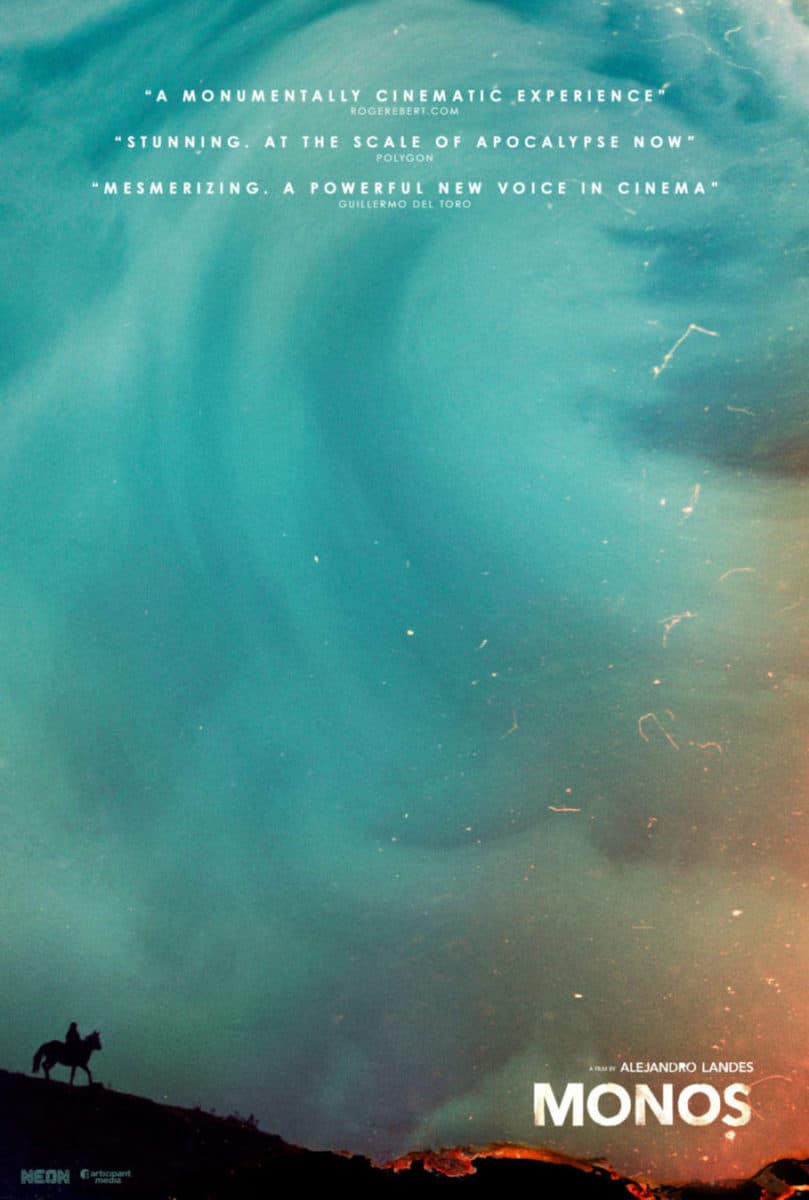
By not only telling the true life story of one of professional wrestling’s most legendary dynasties but also shining a heartbreaking light on the pressures of generational expectations, Sean Durkin’s The Iron Claw is a true marvel of cinematic achievement. The film is so deeply in love with its subjects that it allows its viewer to experience the sadness, the pain, the triumphs, and tragedy of the Von Erich family with a juggernaut range of emotion. To help deepen this love – and the range of emotions that comes with – through musical emotional support, it would only make sense that Durkin would look to the composer on his prior film, The Nest – and frequent Arcade Fire and The National collaborator – Richard Reed Parry. Acting as the backbone to Durkin’s film, Parry’s score is a true example of music adding so much depth, heart, and soul to the visual aspect of a film that it serves as a component just as crucial as any performances found within the film itself.
From the film’s opening shots of a larger than life, black and white auditorium and the looming shadow of father Fritz Von Erich as he pummels his opponent, Parry’s score for The Iron Claw welcomes its listeners into an experience that immediately feels beautiful yet suffocating. The swelling of the orchestra in opening track, “The Claw,” shows its listener that their experience is one that will ebb and flow, going from low, sad tones to massive and intense moments. The album delivers just that: a cornucopia of mood, weaving into an almost noir vibe in “The Bent Ear,” feeling like you’re lost within a brooding tale, an approach that you wouldn’t typically expect in a biopic about a family of professional wrestlers, but it fits with ease.
When track “Harley Race” kicks in, you’re transported into the late ‘70s vibe of professional wrestling on television, with pulsating toms, brass section, and a mood that immediately leads into the exciting cue, “The Main Event,” furthering the broadcast television vibes. It eventually segues into the eerie “Down and Out,” giving a drone-esque underscore that builds tension into the next track or two, continually building and building until you’re pulled into the film with guitars, galloping drums and a series of cues that serve as both montage greatness and underscore gems, helping the film reach its audience in an emotionally resonant way. Parry’s music, married perfectly with Durkin’s direction, serves as the absolute perfect combination of elements, building a skeleton that is filled out with muscles of emotionally striking music, weaving in and out of the film during its most crucial moments. What sets The Iron Claw‘s score apart from those of many similar films is in how it never over-scores, it allows its music to exist and elevate instead of overpower; it gets lodged under its listener’s cuticles, living there, long after the film is over.
“The Von Erich Curse,” adds a heartbreaking tone to the album, illustrating the pain that Kevin Von Erich (Zac Efron) feels, as he sees the pressures of his father wearing his brothers down, one by one, unable to stop the inevitable tragedy. Meanwhile, “Flair Fight,” is about as intense as they come, making one of the film’s most electric (and scary) scenes, even more electric and scarier, with the showdown and collapse of Kevin Von Erich’s mental state on full display.
Ending on the one-two emotions punch of “I Used to Be a Brother,” and “Emerging Heroes,” Parry’s album shows the melancholia found with the film’s ending, a broken hearted man yearning for what he once had: a family. Yet, he also realizes that though he’s lost so much he still has the family HE built. The score ends on this duality, on a feeling of loss but ultimately of hope, that Von Erich has some future he can still salvage.
About the Author: Harper Smith is a film composer and journalist from California. When not writing about films and the music found within them, they release instrumental music as RainyDaysForGhosts and their debut book, Faith, Doubt, and Existential Horror (an analytical look at William Peter Blatty’s Faith trilogy) is hitting shelves next year via Bear Manor Publishing.



